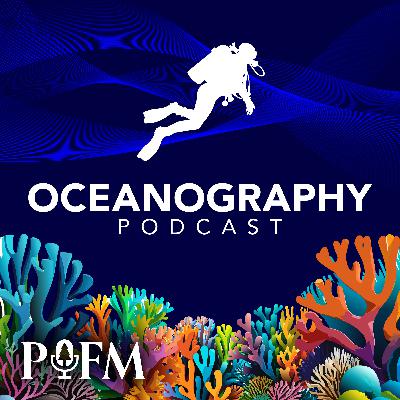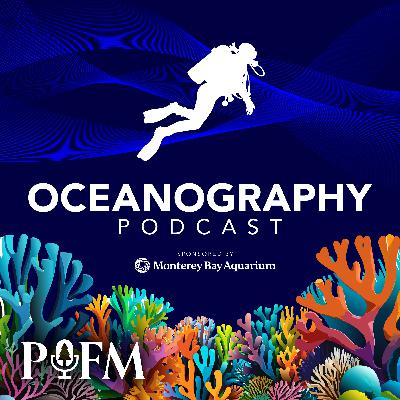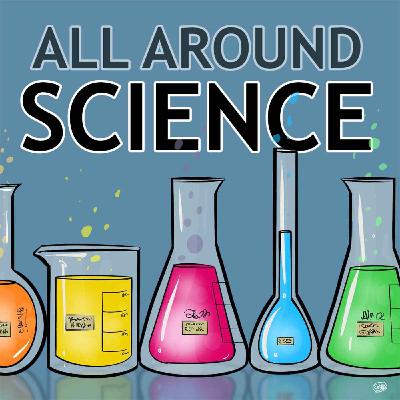
Oceanography
Author: Pine Forest Media
Subscribed: 30Played: 749Description
Oceanography is a weekly marine science podcast exploring the latest ocean research, climate science, and environmental discoveries. From whale communication and underwater soundscapes to sustainable fishing gear and microplastic pollution, we dive deep into the science shaping our understanding of the world’s oceans. Each episode features conversations with marine biologists, oceanographers, and climate scientists working on the frontlines of ocean conservation and climate change. You'll learn about deep sea ecosystems, endangered species protection, and the powerful connections between ocean health and life on land. If you're passionate about the ocean, climate change, or environmental science—and want to hear directly from the researchers uncovering new insights—you’re in the right place.
Oceanography is produced by Pine Forest Media, an independent podcast network focused on environmental research, science communication, and why it all matters.
Hosted on Acast. See acast.com/privacy for more information.







